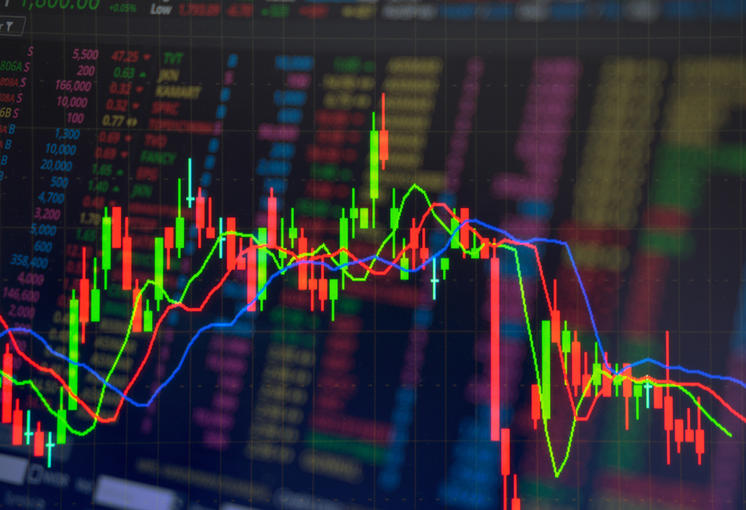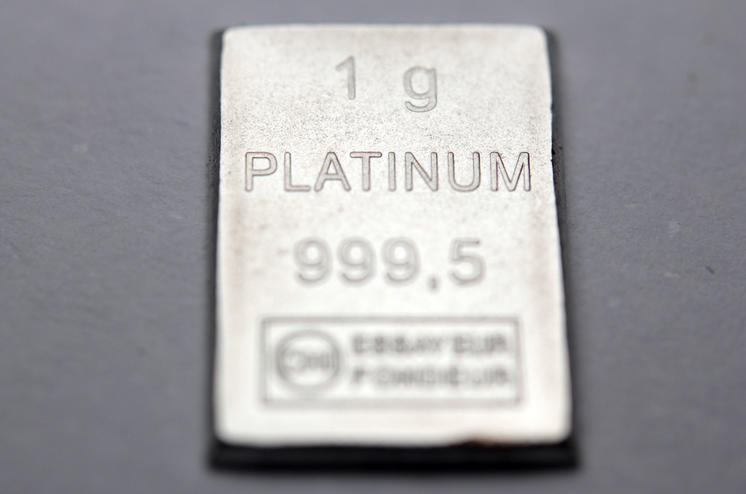Weekly Thoughts by Mirabaud Securities - 27 September 2019



Trade talks, impeachment, stress on repo or Fed meeting digestion, the past week has been full of combined information and could send investors running for cover into low-volatility stocks and bonds. We are guessing that the momentum could last until the end of the year. Over the week, the main American indices ended up flat. Brexit outcome and bad German economic statistic dragged the European indices lower with an average decline of nearly 1%. In Asia, most of the indices ended with no clear direction hopping that trade talks between Washington and Beijing will resume shortly.

If Sterling had been sent higher on Tuesday after Prime Minister Boris Johnson was found by the Supreme Court to have suspended Parliament unlawfully (a ruling that has galvanised his opponents into calling for his resignation), it ended lower against the dollar with political uncertainties almost 1 month before the 31th of October. In the G10 area, euro and Danish krona were weak against the dollar during last week. The New Zealand dollar headed higher as well as the Norwegian krona. In emerging markets, there were notable increases in the Turkish lira and the Argentinian peso.

The Democrats were expecting that news since Donald Trump's election: an impeachment procedure. On Tuesday, House Speaker Nancy Pelosi announced a formal impeachment inquiry into President Donald Trump: a dramatic and historic move that comes as the President faces outrage over reports that he pressured Ukrainian President Volodymyr Zelensky in a July 25 call in an effort to target a political rival. The announcement marks the most direct step taken by the House Democratic leader to embrace impeachment proceedings and is a significant escalation in the fight between House Democrats and the President. So far, as many as 165 House Democrats have publicly stated their support for an impeachment inquiry into Trump, according to a CNN count, and that doesn't include the House Democrats who've said in recent days that the President's behavior is a turning point in Democrats' oversight into the administration. Only two U.S. Presidents have been impeached by the House of Representatives. The first was Andrew Johnson, in 1868, for dismissing Edwin M. Stanton as secretary of war and the second was Bill Clinton, in 1998 for charges of lying under oath in regards to sexual relations with a White House intern. Both presidents were acquitted in trials that were held by the Senate because the two-thirds majority votes needed to convict them was not reached.

There are several reasons to invest in platinum. The first is the fact that there is limited source of supply. Even though more platinum is being found around the world, it is still much more rare than gold and silver. About 90 percent of the global platinum supply comes from South Africa and Russia, and there is uncertainty around future supply of platinum. Platinum is considered to be one of the most rare precious metals, and the annual world production is about 8 million ounces – about 10 percent of the world's annual gold production. The second reason to invest in platinum is the price performance. Precious metals tend to perform well in less than favourable economic conditions, and platinum is no exception. Finally, there is a growing demand on that precious metal in both the industrial and investment spheres. Although gold and silver are the most common metals to invest in, many people are beginning to pay attention to platinum and now see it as a valuable investment.

The fallout from the vaping scandal, which has seen an unprecedented crackdown against a practice which until recently was seen as safer than conventional smoking and is now getting banned virtually everywhere following a streak of unexplained death, continued on Wednesday morning when tobacco giants Philip Morris and Altria Group announced they have ended merger talks to create a $200bn tobacco giant after the two sides failed to reach a deal amid investor doubts and a regulatory backlash in the US against vaping. Philip Morris Chief Executive Officer André Calantzopoulos said Wednesday in a statement that after much deliberation, the companies have agreed to focus on launching IQOS in the U.S. as part of their mutual interest to achieve a smoke-free future. Juul, which makes the top-selling e-cigarette device in the U.S., has found itself at the center of an increasing controversy over vaping. A mysterious lung illness has killed seven people and sickened more than 500 others in recent months, and U.S. health officials have said that vaping among youth has reached epidemic proportions.
Several hot topics were discussed this week, including:
Platinum or Palladium? / Does the repo crisis herald a Qe4? / The return of the conundrum / Real estate bubble? / Will the ECB announce an MMT?
Please feel free to ask for more information if interested.
“Effect of the US fiscal reform” (Opportunities) as we expect a fading fiscal stimulus in the coming months.
SWOT stands for Strengths, Weaknesses, Opportunities and Threats, the French equivalent of FFOM analysis (Forces, Faiblesses, Opportunités et Menaces). While SWOT analysis can be used to develop a company's marketing strategy and evaluate the success of a project (by studying data sets such as company's strengths and weaknesses, but also competition or potential markets), I decided several years ago to adapt it as a way to analyse financial markets. SWOT analysis allows a general development of markets by crossing two types of data: internal and external. The internal information taken into account will be the strengths and weaknesses of the market. The external data will focus on threats and opportunities in the vicinity. Finally, and most interestingly, there is a table that will evolve according to current events, which will allow it to reflect the underlying trend in the financial markets on a weekly basis.
Please do not hesitate to reach out to your privileged contact person at Mirabaud or contact us here if this topic is of interest to you. Together with our dedicated specialists, we will be happy to evaluate your personal needs and discuss possible investment solutions tailored to your situation.
Author
Continue to